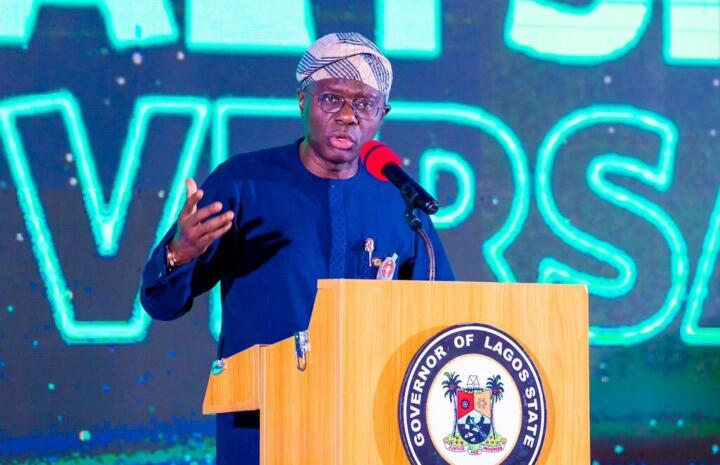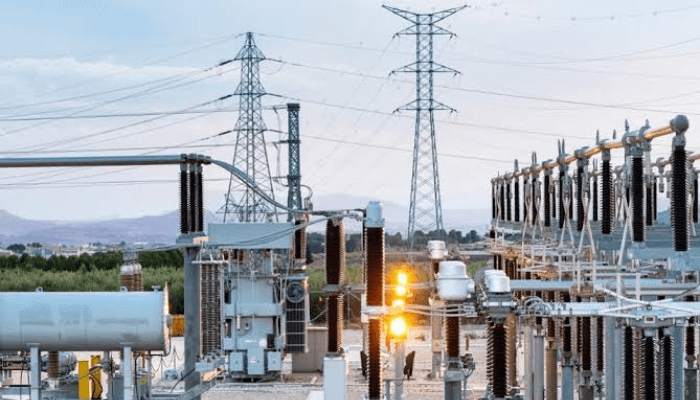Lagos State has announced a groundbreaking initiative to address its severe energy shortfall by inviting bids from independent power producers and energy solution companies for the construction of gas-fired power plants. The initiative, unveiled on Wednesday by the Ministry of Energy and Mineral Resources (MEMR) in partnership with the Office of Public-Private Partnerships (OPPP), represents a major push toward localized energy generation in Nigeria’s largest city.
With its 20 million residents and status as Nigeria’s economic hub, Lagos’s power needs have become increasingly critical. The state currently relies heavily on a national grid that provides less than 2,000 MW during peak times—far below the city’s estimated demand of over 6,000 MW. This stark discrepancy has led the Lagos State Government to seek innovative solutions aimed at fostering energy independence and security.
Clean Lagos Electricity Market Initiative (CLEM)
The project, part of Lagos’s Clean Lagos Electricity Market (CLEM) initiative, proposes establishing four energy hubs strategically situated to maximize efficiency and distribution. Each hub will be located near existing DisCos substations, with an anticipated minimum output of 100 MW per site. Altogether, the four hubs aim to contribute 500 MW to Lagos’s energy infrastructure, a move expected to dramatically reduce the city’s reliance on the underperforming national grid.

“Lagos is facing a pressing energy challenge driven by rapid urbanization and a booming economy,” the government stated. “Our priority is a sustainable solution to Lagos’s energy demands, and these proposed power plants will form a critical part of that solution.”
Elevating Energy Security and Economic Growth
Beyond meeting local power demands, the project is intended to bolster Lagos’s energy security and promote economic growth by creating an attractive investment environment for energy companies. The MEMR emphasized that each hub will be equipped to serve industrial, commercial, and residential users, aiming to create a stable energy supply that will support the state’s continued economic expansion.
“Lagos is committed to establishing a competitive and robust energy market,” the government reiterated. “With an enabling environment and strategic planning, we’re confident in attracting top-tier companies capable of delivering innovative, world-class energy solutions.”
Requirements and Opportunities for Independent Producers
The Lagos State Government is specifically targeting firms with proven expertise in large-scale energy projects. Eligible bidders may apply as individual companies or as consortia, with the stipulation that consortia must designate a lead partner responsible for project execution.
Don’t miss:
“Do You Know Who I Am?” – The Art of Nigerian ‘Bigmanism’ and its Everyday Performers
The Nigerian Japa Syndrome: Myths and Truths (I)
What Are You Doing to Survive in the Nigeria of Tomorrow?
The scope of the project includes comprehensive requirements: financing, engineering, construction, commissioning, and ongoing operation of each plant. Additionally, companies are required to secure a steady fuel supply, predominantly natural gas, to maintain uninterrupted power generation. Applications are open to companies meeting stringent technical, financial, and legal criteria, ensuring that only qualified firms take on the ambitious task of transforming Lagos’s energy sector.
Interested parties can access detailed application guidelines at www.ppplagos.lagosstate.gov.ng or reach out to info@ppplagos.ng. Applications must highlight each consortium partner’s specialized expertise, ensuring a balanced mix of technical and financial prowess.
Why It Matters
The success of the CLEM initiative would mark a significant shift in Lagos’s approach to energy generation. The planned plants will not only enhance energy supply but will also curb the city’s dependence on petrol, which fuels countless private generators across Lagos. Data from recent reports indicate that Lagos businesses consume around 6.6 billion liters of petrol yearly, resulting in an estimated 17.8 million tons of carbon emissions. A reliable, cleaner energy source could mitigate this environmental impact, bringing Lagos closer to its vision of becoming a sustainable energy leader in Africa.
“Our aim is to support Lagos’s development with a reliable, efficient energy infrastructure that aligns with global standards for sustainability,” the government concluded.





